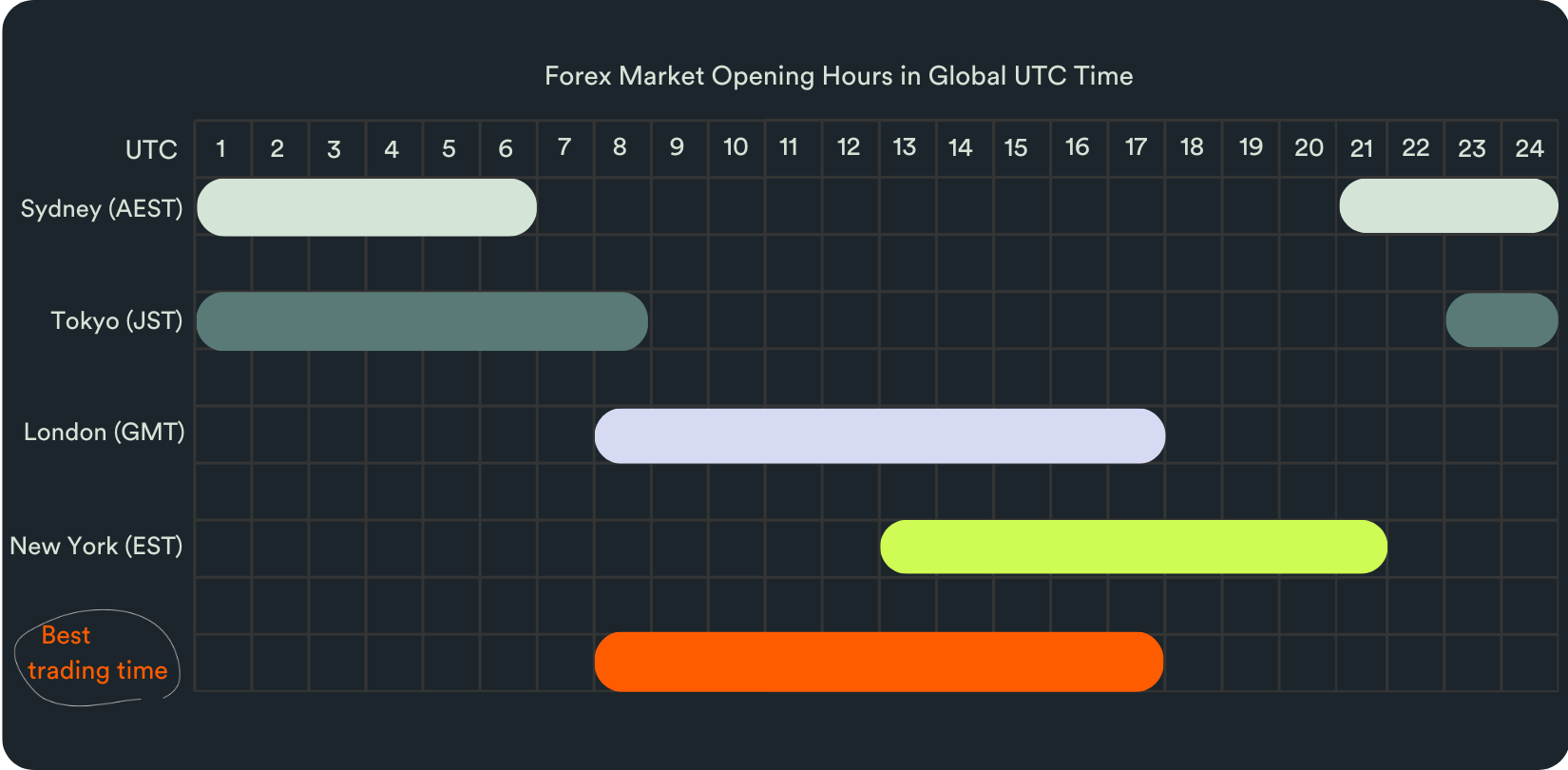The housing market is a dynamic entity significantly influenced by changes in interest rates. Understanding this relationship is crucial for homebuyers, sellers, investors, and real estate professionals. Here’s how fluctuations in interest rates can impact various aspects of the housing market.
Mortgage Affordability and Monthly Payments
Interest rates are set by central banks and play a pivotal role in home affordability. When interest rates rise, borrowing money costs increase, leading to higher mortgage payments for the same loan amount. This can affect the mortgage approval process, as lenders may be more cautious in granting loans. Conversely, when interest rates drop, mortgages become more accessible, potentially resulting in increased demand and higher home prices.
Impact on Home Prices
The relationship between interest rates and home prices is often inverse. High-interest rates can put downward pressure on home prices due to reduced affordability and purchasing power. On the other hand, lower interest rates can lead to increased demand, pushing prices upward. However, this relationship is only sometimes straightforward, as other economic factors can influence home prices.
Refinancing and Real Estate Investment
For existing homeowners, changes in interest rates can affect the decision to refinance. Increasing rates may reduce the financial incentives to refinance, while lower rates can trigger a wave of refinancing activities. Additionally, lower mortgage rates may entice investors to explore real estate opportunities due to the potential for higher returns.
Strategies for Homebuyers
In a fluctuating interest rate environment, there are several strategies homebuyers can employ:
- Get Pre-Approved: Secure your mortgage pre-approval early in your homebuying journey.
- Lock-in Rates: Consider rate lock options to secure an interest rate for a specific period.
- Adjustable-Rate Mortgages: ARMs may offer lower initial rates than fixed-rate mortgages, which can be advantageous in certain market conditions.
- Larger Down Payment: A larger down payment can help offset the impact of higher interest rates.
- Stay Informed: Keep an eye on market trends and interest rate fluctuations.
Impact on Sellers and Homeowners
Sellers may face a smaller pool of potential buyers when interest rates rise, leading to slower sales activity and possibly lower home prices. Homeowners with adjustable-rate mortgages will experience changes in their payments with interest rate fluctuations, while those with fixed-rate mortgages will not be directly affected by rate changes.
The Role of the Federal Reserve
The Federal Reserve (Fed) adjusts interest rates to influence the economy, primarily promoting a strong U.S. economy through stable prices and moderate long-term interest rates. Their policies directly impact mortgage interest rates and the real estate market.
Historical Perspective
Historically, higher mortgage rates have been associated with periods of more robust economic growth and higher inflation, which can support home price appreciation despite a drop in affordability. However, sharply higher mortgage rates tend to slow home price appreciation.
Advice for Real Estate Professionals
Agents and advisors should stay informed about current and projected interest rate trends to guide their clients effectively. They should refine their communication to discuss the implications of interest rate changes clearly and concisely. Flexibility in pricing and marketing tactics is also essential in adapting to changing market conditions.
Conclusion
Interest rates have a profound and multifaceted impact on the housing market. They influence mortgage affordability, home prices, refinancing decisions, and real estate investment opportunities. Whether you are a buyer, seller, or investor, it is essential to understand these dynamics and plan accordingly. Remember, the ideal scenario is to make real estate decisions based on your financial situation and goals, regardless of the current interest rate environment.





